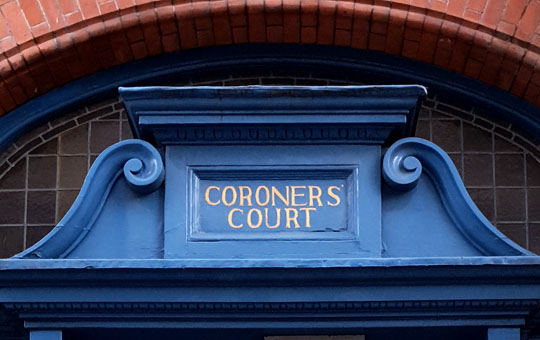This course will offer an overview of the law relating to medical treatment decisions, both children and adults, and both for patients able to make a decision for themselves, and where best interests decisions must be made for those who cannot, and how to tell the difference. We will also look at how, and when, it may be necessary to involve the court to resolve disputes and – better – how to avoid disputes altogether.
Decisions about medical treatment can be about life and death, such as withdrawal of treatment or (not) providing CPR. Or about quality of life, liberty and independence, which can be just as important. But the legal (and ethical) framework around these decisions is often misunderstood, leading to distress and disputes at the very worst of times, as we have seen in a few very high-profile cases. It can also cause uncertainty and doubt in clinicians, where the law is misunderstood as a stick to beat them with, rather than a shield to protect their reasonable decision-making.
We will cover whether a patient should always get what they want, or does “doctor know best”? When a patient cannot make a decision for themselves, who gets to decide, and how should these decisions be made? What is the role of so-called “next of kin” (and did you know that there’s actually no such thing)? Can parents insist on treatment for a child when doctors think it futile? How are disputes in this context resolved and, better yet, how are they avoided?
Throughout, we will talk in particular about the importance of good communication, and managing expectations, and how to ensure that clinicians are doing the right thing for the patient, as well as avoiding getting sued.
KEY LEARNING OBJECTIVES
To understand and apply in practice the fundamental legal framework around decisions about medical treatment, including:
Rationing and resource allocation
The limits of choice and autonomy
The relationship between law and ethics
The importance of good communication, and how to not get sued
The law on consent
Mental capacity and best interests decision for adults
Decisions about children – Gillick competence, parental responsibility and disputes
Restraint and deprivation of liberty
Going to court
WHO SHOULD ATTEND
Clinicians, risk managers, clinical governance, patient safety leads, in house legal team, mental capacity, safeguarding or deprivation of liberty leads.









